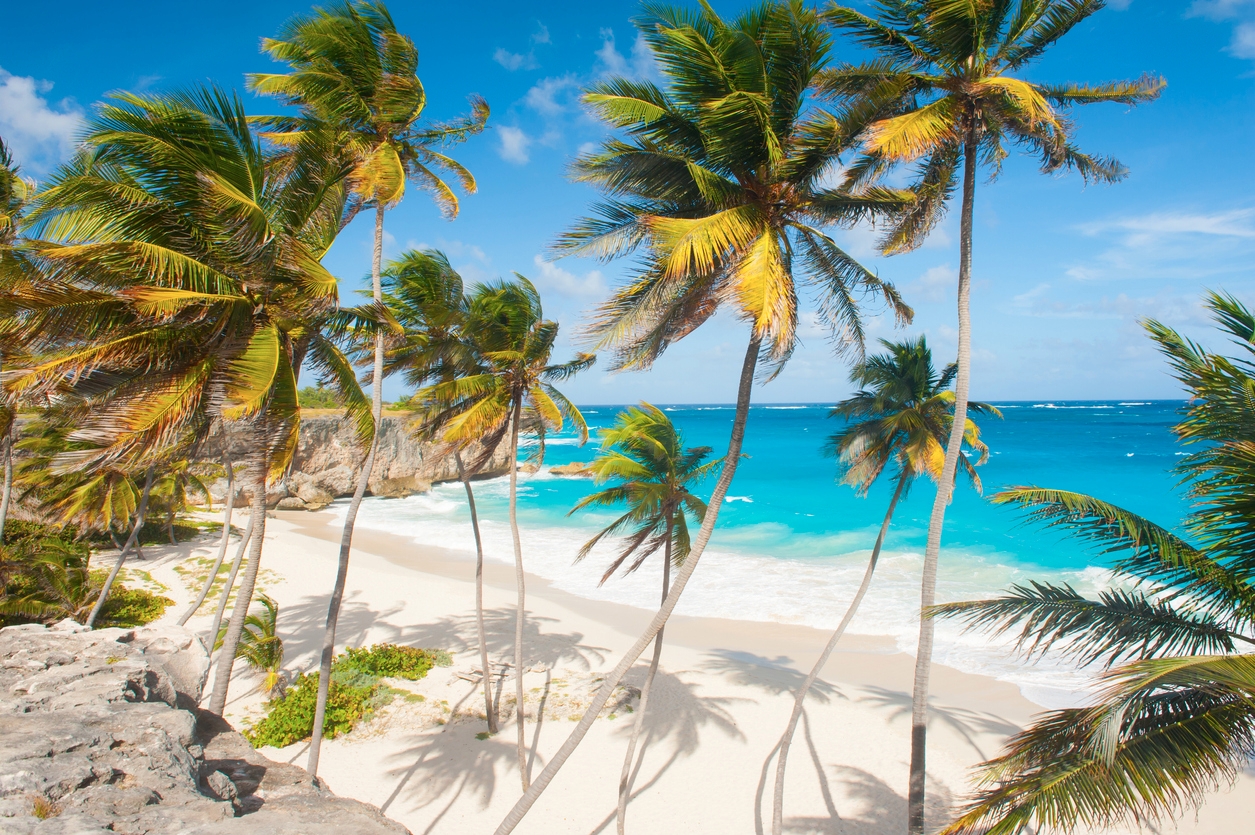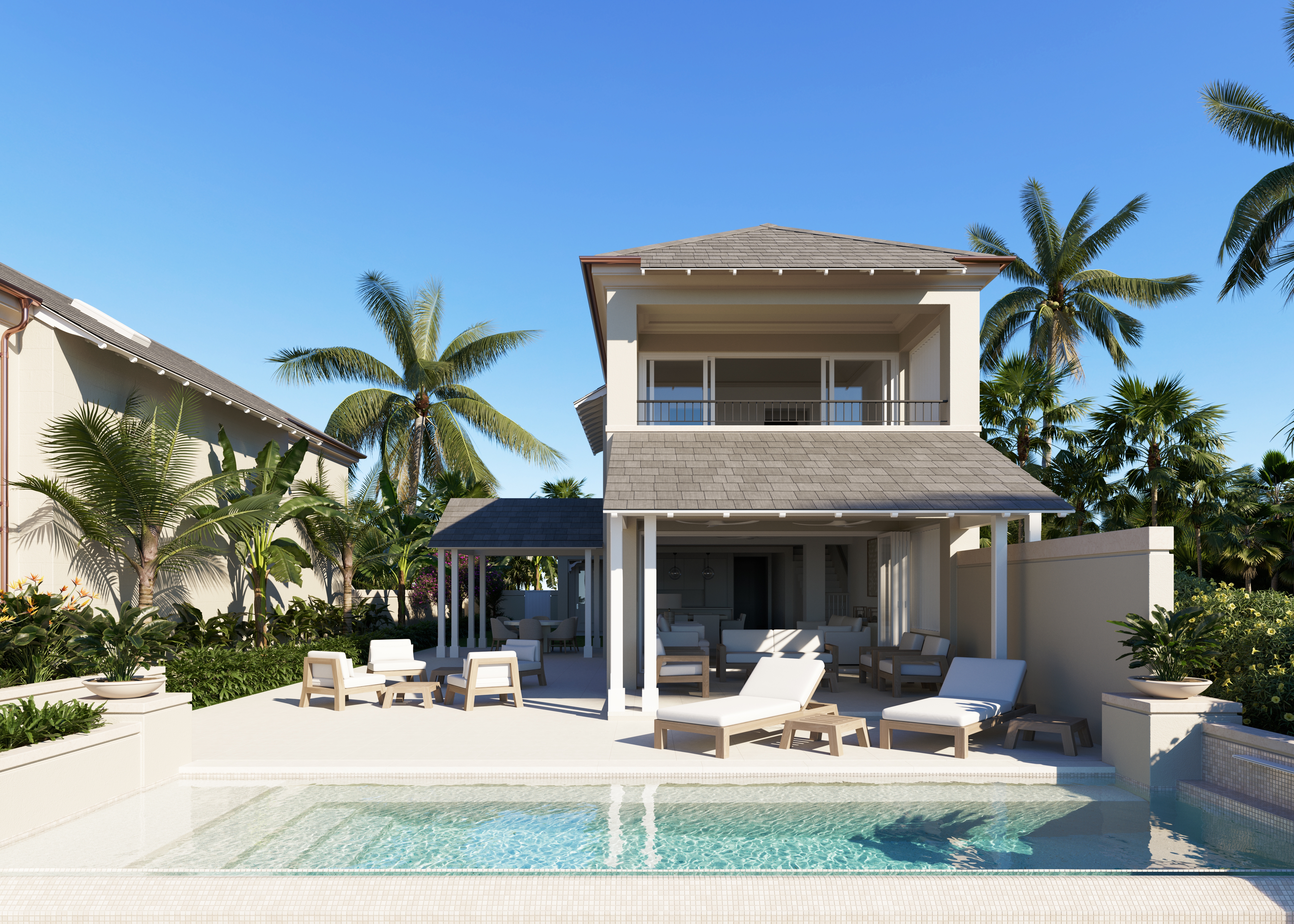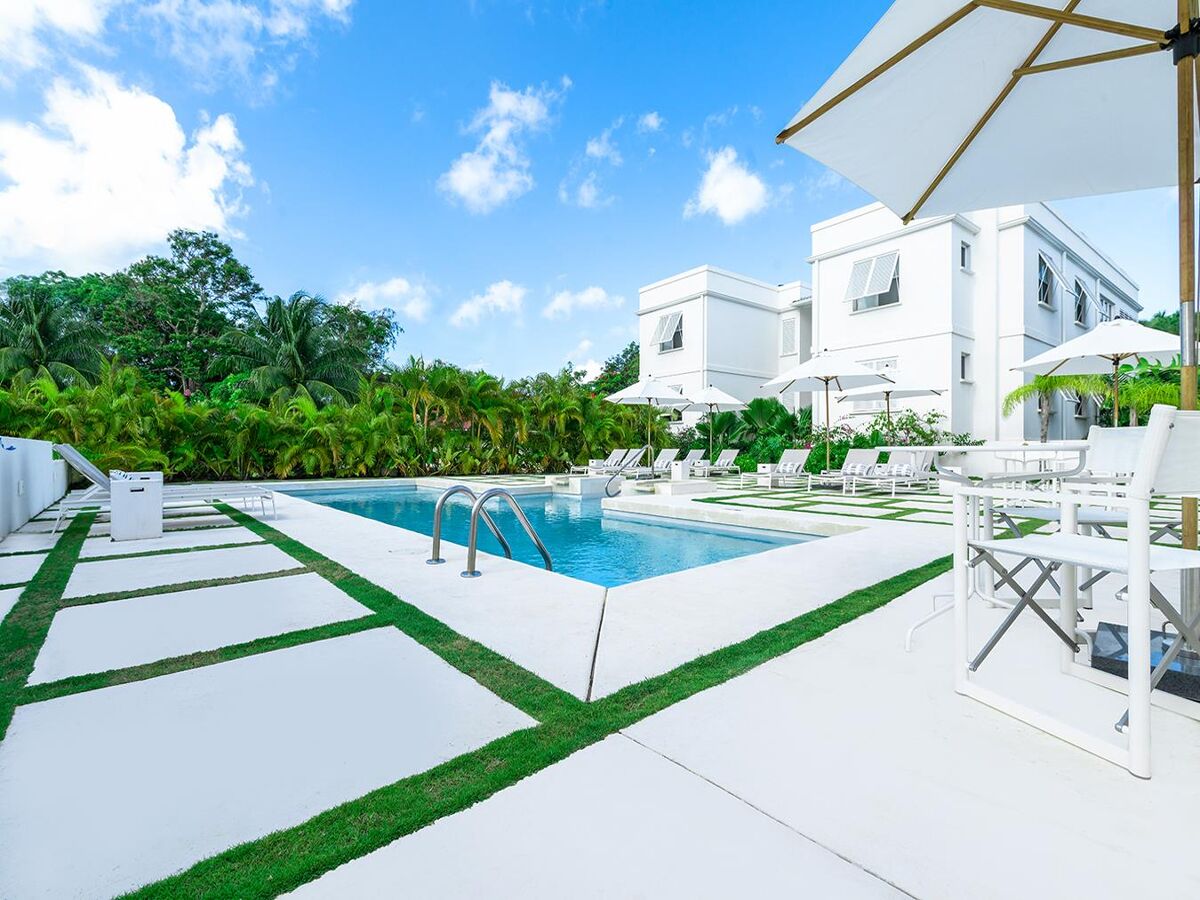Life in the world’s newest republic is sweet. It’s peak season in Barbados, and another wave of Covid hasn’t stopped the rum sundowners flowing on the Caribbean island’s sugar-sand beaches. Given half the chance, many of us might well prefer to spend January wafting between beachfront restaurants and sun loungers, as the packed front-end of planes heading there during December have proved. Many of the island’s predominantly British holiday home owners have been heading to their properties on the West Coast of the island – and there will be no doubt a few villas changing hands too.
‘In the early stages of the pandemic there were a few nervous owners worrying whether there might be any rental guests to help cover their running costs but in the end they needn’t have been concerned as the rentals market has gone crazy,’ says Edward de Mallet Morgan of Knight Frank’s Super Prime desk. There were a few motivated sellers back then, but now prices are beginning to creep up rather than down – and he’s busier at the ‘$20m plus’ end than he’s been for quite a few years.
The island’s market suffered after the global economic crisis of 2008, when financial mismanagement led to a bailout from the IMF. But Barbados’s rather dynamic Prime Minister, Mia Mottley has been putting her house in order, from fixing highways, upgrading the airport to championing the plight of islands threatened by climate change in her powerful speech at COP26. She’s been keen to target the right kind of investment. Rental demand has increased due to the island’s successful ‘Welcome Stamp’ visa that, as its name suggests, opened its arms to digital nomads earning US$50,000 or more a year. Being able to live and work on Barbados for a year – especially during the past 18 months – has been a tempting proposition, with 5,289 takers since the scheme began in July 2020.
According to this latest latest data from Barbados Tourism Marketing, the three leading countries seeking entry under the programme are the US, the UK and Canada. Most of these families and individuals will have been renting properties but a few are now translating into home purchases as some nomads are loathe to move on.

This shot in the arm of incoming affluent, entrepreneurial individuals has also meant there’s a distinctively younger vibe on an island that has traditionally attracted older semi-retirees to winter there and play golf. Whilst some regulars suggest the West Coast scene was getting a little tired, it’s had a flurry of new eateries – Local&Co is the new go-to slow food shop/bistro; whilst the DJs and magnums of rose at the Sea Shed on Mullins Beach are more akin to Ibiza.
The Welcome visa has certainly put the island on the radar of a wider range of prospective property hunters, according to Mr de Mallet Morgan, including an increasing number of wealthy Americans. Whilst non-locals can stay on the island for up to six months a year, full-time residency can also be obtained through a Special Entry and Reside Permit (or SERP) offered on investment of $2m (£1.48m) or more, or other qualifying assets.
The island may have eschewed the Queen as head of state, but generally 65-70 per cent of sales have been from Britain or Ireland, according to the estate agent Savills – and there will be no change to the property-purchase process.
Sales span from $450,000 for a two-bedroom apartment on the resort of Sugar Hill to a beachfront villa for $5m plus. ‘There’s an energy back on the island and a tangible feeling of new investment,’ says James Burdess, Head of Caribbean at Savills, who’s just returned from Barbados. ‘Beachfront houses are being spruced up, and the revamp of Apes Hill Golf Resort & Community [under the new ownership of Canadian Glenn Chamandy] is going to be special.’ The 470-acre resort in the northwest of the island has been undergoing a £30m renovation and when re-opening this year will boast a new golf academy. There are 180 luxury homes available to purchase starting from £1.3m-£5m plus, with three-bedroom villas from $1,675,000.

Proof of the new confidence in the island’s future includes a sale on the West Coast last year at $30m. A high-end private home, usually beachfront, is top of many wealthy buyers’ lists. Currently for sale is a palatial seven-bedroom villa in St James with elevated views towards the Caribbean Sea at $8.5m. But for something more traditional – away from the beach – a 10-bedroom plantation home surrounded by mahogany trees and lush gardens is for sale at $4,950,000.
There’s also a good choice of West Coast apartments if you have a budget of $500,000, including one well located on Mullins Beach: a turn-key two-bedroom apartment in a condo hotel for $415,000. But beware, with the island riding on a new wave, properties are now much less likely to hang around for long.








Comments